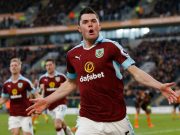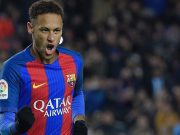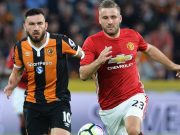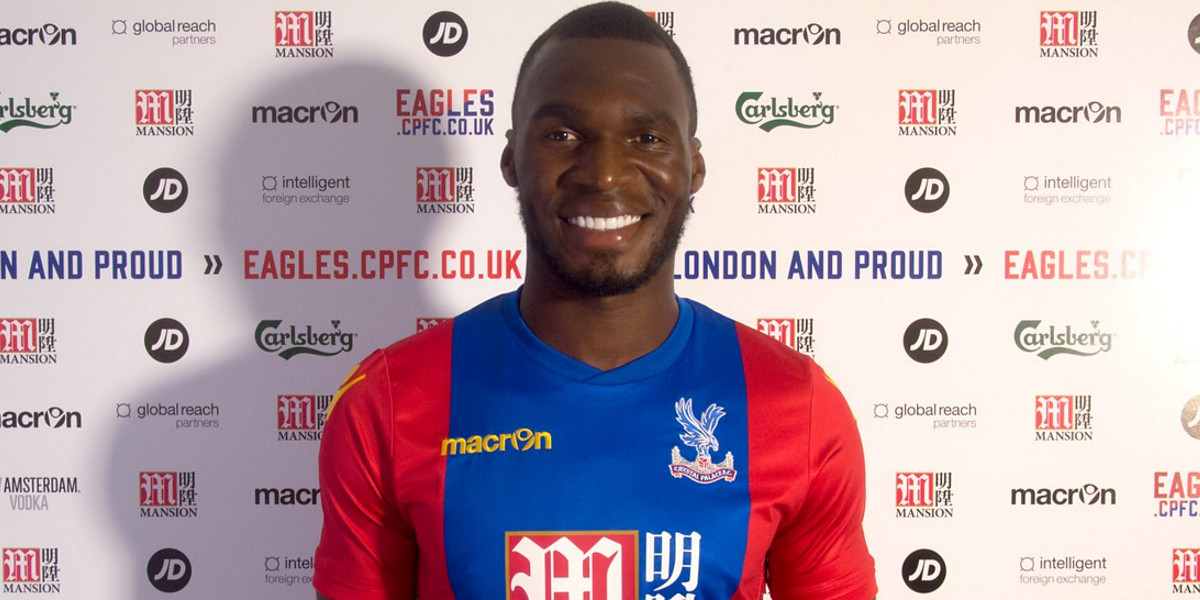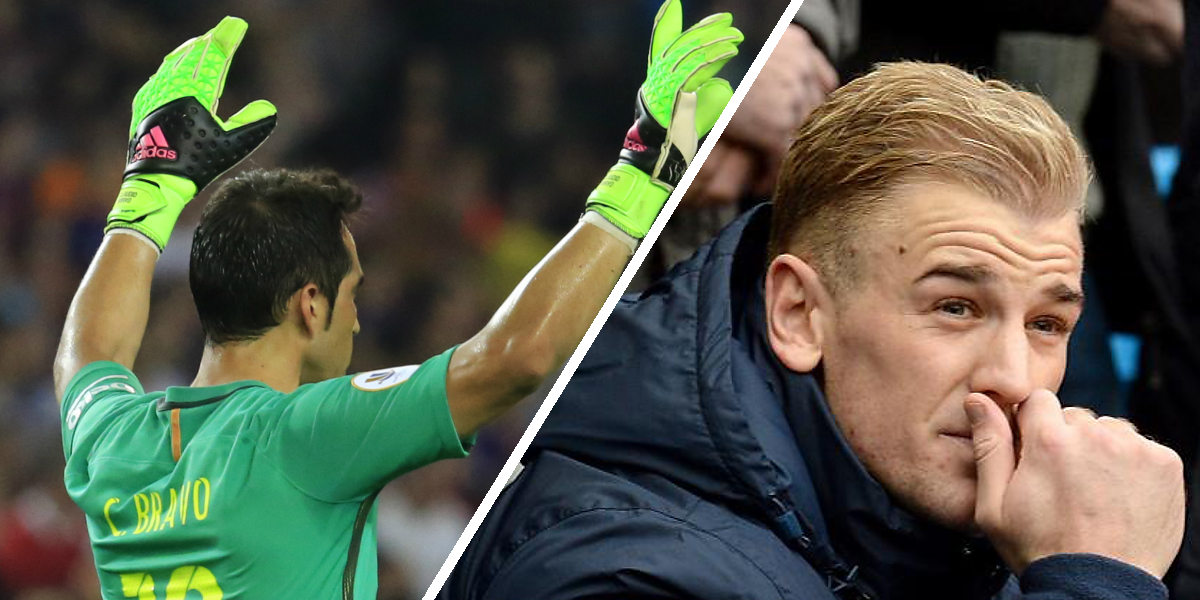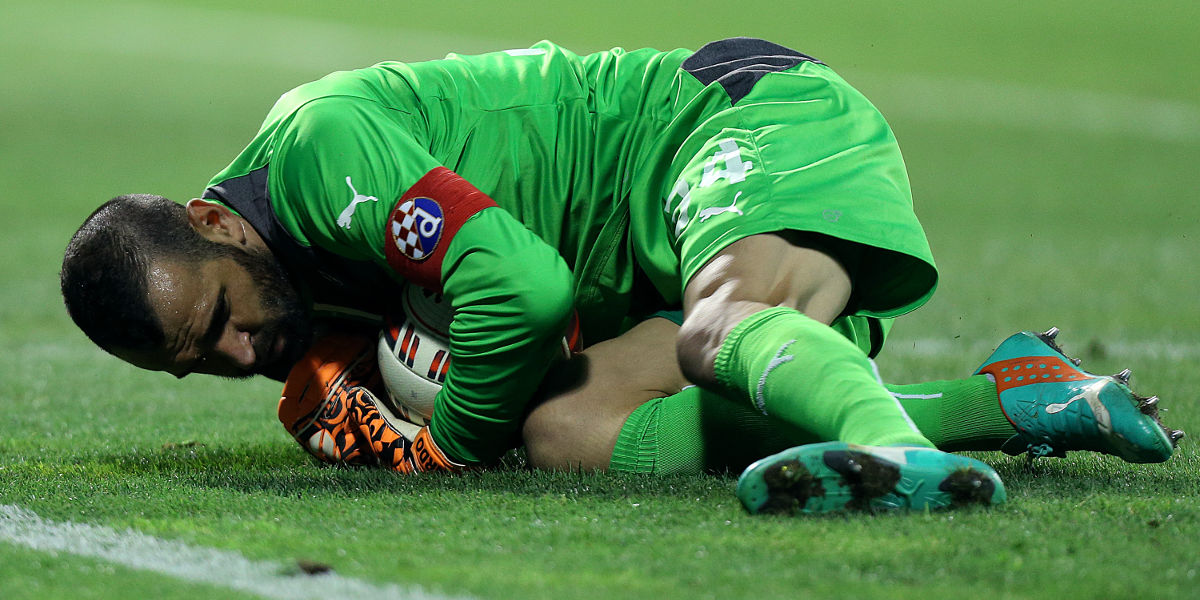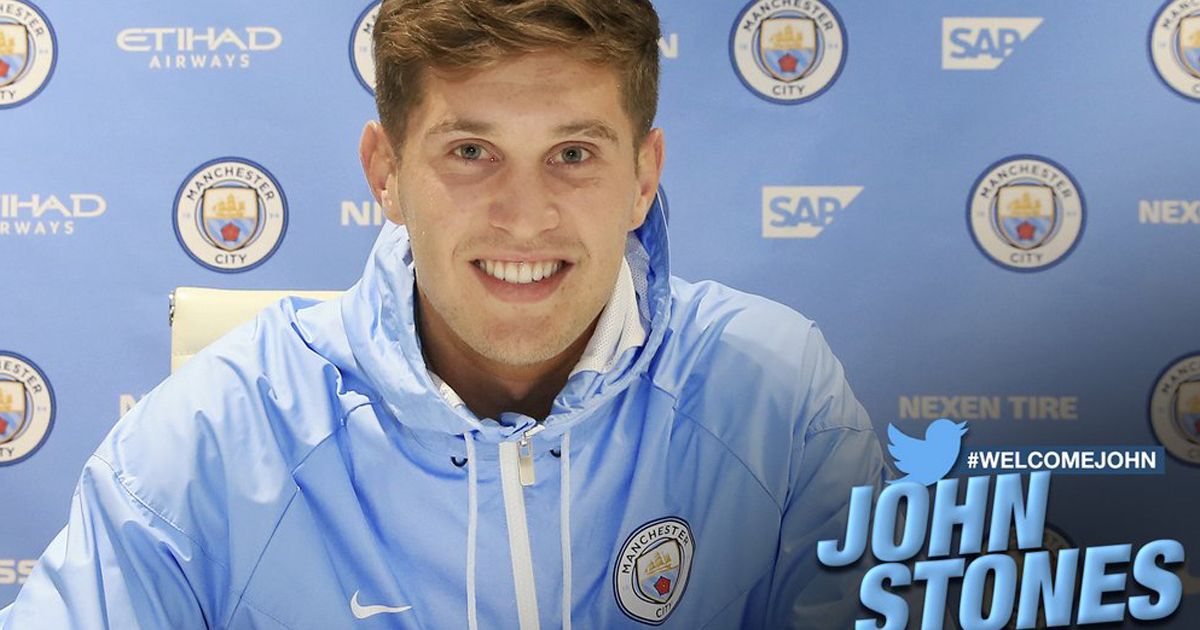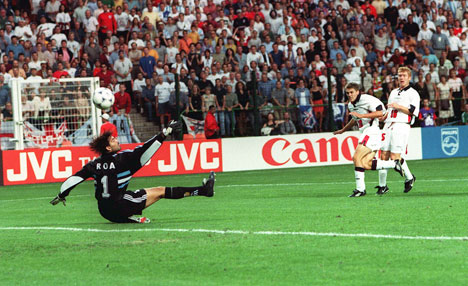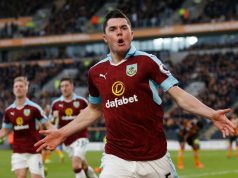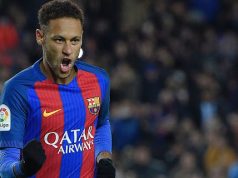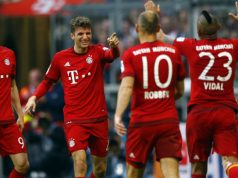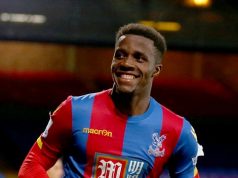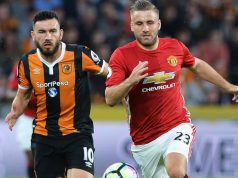By STEVEN HOWARD
MICHAEL OWEN was always a man who polarised opinion.
And so it continued right to the end. To the very moment yesterday when he announced he will retire at the end of the season.
Some greeted the news with surprise he was actually still playing.
Others — and this says everything you need to know about this degrading Twitter world in which we live — simply laid into him for what they regarded as his misplaced self-esteem.
Though rightly lionised by England fans, he still leaves the stage with conflicting feelings from the supporters of the clubs for whom he played.
Newcastle fans never took to him.
Manchester United supporters are still scratching their heads as to why Alex Ferguson ever signed him.
As for Stoke fans…
Even followers of Liverpool, for whom Owen was the leading scorer from 1997 to 2004, were left perplexed.
Still with mixed emotions despite over 150 goals for the club and the leading role he played in the ‘treble’ year of 2000-2001 — the season when he was named England’s first world player of the year and the first European Footballer of the Year since Kevin Keegan in 1979.
It was best explained by one Liverpool fan who yesterday told one internet chatroom: “Michael Owen was my hero growing up.
“Now, well, I don’t dislike him, I just don’t feel anything towards him.
“It’s just a shame such a talented player went on to achieve very little else in what should have been his prime after leaving Anfield.”
There is little doubt he left us — and himself — wanting and hoping for more.
Injuries, of course, dragged him down continually, causing extreme frustration and forcing him to re-evaluate his life.
In fact, his serious top-flight career probably ended in Cologne during the 2006 World Cup when he snapped his cruciate in the 2-2 draw against Sweden.
The sight of Owen, clearly distressed, trying to crawl to the touchline was painful to watch.
After that, he was never the same.
He had a brief renaissance under Steve McClaren in the autumn of 2007 when he scored four times in three Euro 2008 qualifiers as Estonia, Israel and Russia were all beaten 3-0.
His two goals against Russia at Wembley on September 12 actually rekindled the belief the old Owen was still out there somewhere.
In fact, he would appear just four more times for his country.
Soon after he would suffer a double hernia, be ruled out of the calamitous 3-2 defeat by Croatia at Wembley and, with the arrival of Fabio Capello, be consigned to international exile.
Things would go from bad to worse on Tyneside with Newcastle relegated at the end of the 2008-2009 season.
Owen would then leave with his management company advertising his wares in a 32-page brochure.
It was just one of a number of PR gaffes which stalked his career and led to that accusation of inflated self-esteem.
And yet when it comes to England, he was an heroic figure and true world-class performer.
At one time, he seemed certain to become his country’s leading goalscorer.
No, he never quite made it.
But his record of 40 goals in 89 appearances is still outstanding. And the fourth highest scorer of all time behind Bobby Charlton (49), Gary Lineker (48) and Jimmy Greaves (44).
He had burst on the scene as a 17-year-old phenomenon — at the time the youngest player to both play for and score for his country.
He was also a media dream, bright, articulate and intelligent, far removed from the ‘boring’ Michael Owen his critics claim he has become.
And then there was THAT night in Saint-Etienne when he scored the goal of the 1998 World Cup against Argentina and announced the arrival of a special talent.
The way he took on the Argentine defence and kept going and going still sends a tingle down the spine.
Then, of course, there was the hat-trick against Germany in Munich on September 1 2001.
I had a feeling something was going to happen that night and bought TWO cigars with me to the Olympic Stadium.
When his third went in, the Press box was already shrouded in smoke.
Owen was barely 22 and had just come off Liverpool’s ‘treble’ season in which he had almost single-handedly won the FA Cup final against Arsenal with two sublime strikes.
The world was at his feet.
The following year he would take his place at the World Cup in Japan and Korea even though he was clearly not at peak fitness — he admitted as much in his autobiography.
But he was still fit enough to win the penalty against Argentina in the Sapporo Dome that saw David Beckham step up to extract revenge for 1998.
There was a song and dance made about him diving but, come on, look at the opposition!
He was also fit enough to give England the lead — and brief hope — against Brazil in the stifling 100 degree heat of Shizuoka.
But the injuries began to kick in with Owen’s hamstrings paying the price for the electric pace that had taken him clear of so many defences.
Though he would continue to score goals — and Liverpool would challenge for a Champions League place — he wasn’t quite the same.
But it was still a surprise to many Liverpool fans when he quit Anfield for Real Madrid.
To this day, many have never forgiven him. You just don’t leave Liverpool in your peak years.
From then on, it was a slow journey downhill.
Newcastle would pay a club-record £17million to bring him back from the Bernabeu in August 2005.
But Owen was often accused of stage-managing his fitness for England rather than the Toon and concentrating too much on his beloved horses.
Then came a metatarsal injury and the ruptured cruciate in Cologne which would take 18 months out of his career.
And now it’s all over.
An unwise tweet not all that long ago, when he replied to someone asking whether he still played football with the words ‘not all that much nowadays but I shook the world in my day — what have you done in life?’ didn’t do him too many favours.
But he was right. He did shake the world. If only his fitness had held up for him to have done it more often.
But he still leaves all England fans with some wonderful memories.
Thanks for those, Michael.


